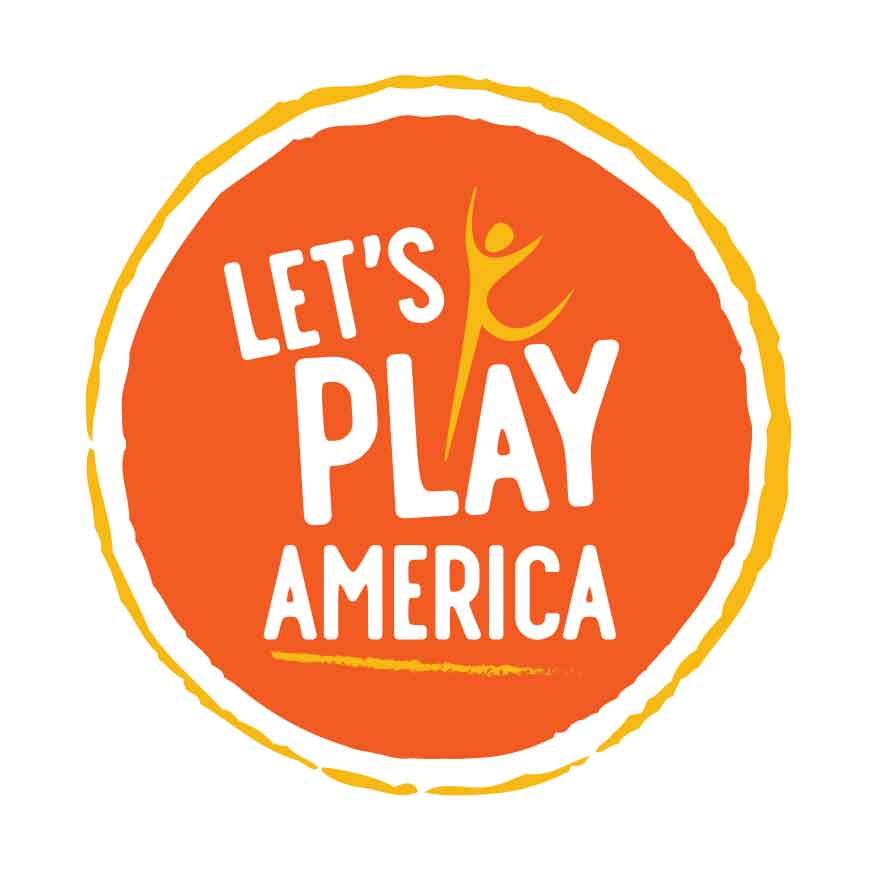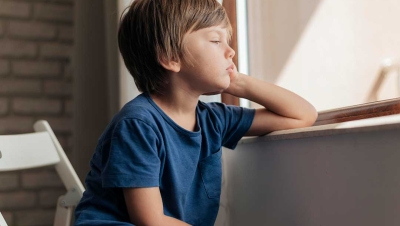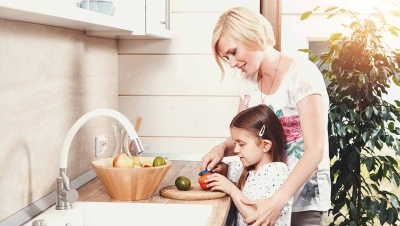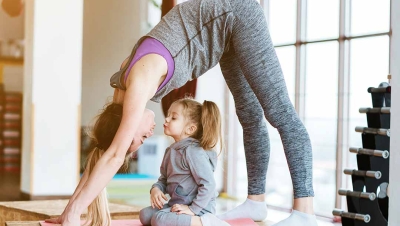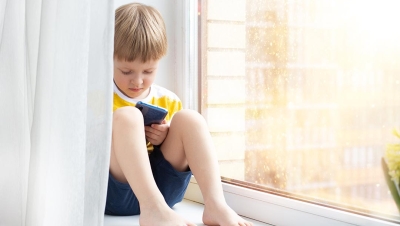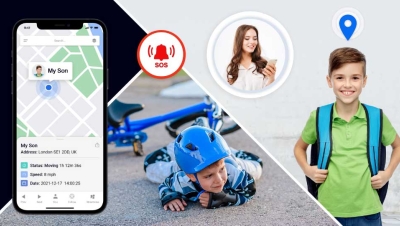Health

Health for kids is fundamentally intertwined with the power of play. Engaging in physical activities, games, and outdoor adventures not only brings joy and excitement to a child's life but also nurtures their overall well-being. Through play, kids develop essential motor skills, improve coordination, and build strength. Beyond the physical benefits, play supports mental and emotional growth by encouraging creativity, problem-solving, and building social skills. It's a natural stress reliever and contributes to a positive outlook on life. As we encourage kids to enjoy the wonders of play, we're not just fostering a love for physical activity; we're laying the foundation for a healthy lifestyle, instilling lifelong habits that promote vitality and happiness.







